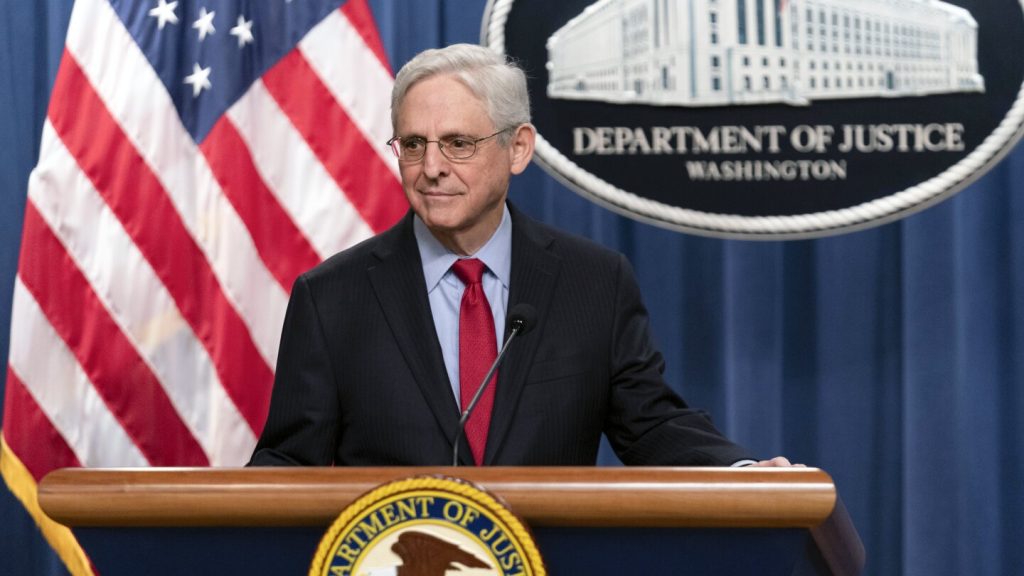The Justice Department has rejected House Republicans’ demand to turn over unredacted materials related to the special counsel probe into President Joe Biden’s handling of classified documents. Assistant Attorney General Carlos Uriarte stated that the department has complied with all elements of the subpoena sent by House Republicans in February. Uriarte emphasized that the department’s conduct has provided the necessary information, and suggested that the Committees are seeking conflict rather than information. This refusal to provide the full audio of Special Counsel Robert Hur’s interviews with Biden and his ghostwriter could lead to a legal battle between the White House and GOP chairmen, potentially delaying the release of any audio until after the November election.
Special Counsel Robert Hur spent a year investigating the improper retention of classified documents by President Biden from his time as a senator and vice president. The 345-page report raised questions about Biden’s age and mental competence but did not recommend any criminal charges, citing insufficient evidence. Hur defended his report in testimony before the House Judiciary Committee, stating that he presented the evidence objectively and did not unfairly disparage the president. If GOP lawmakers proceed with holding Attorney General Garland in contempt, it would require majority support in committee and the full House before referral to the Justice Department. However, it is unlikely that the Justice Department would prosecute Garland for contempt.
The potential legal battle over the refusal to provide the full audio of Hur’s interviews could further escalate tensions between Republicans investigating Biden and the Justice Department overseeing sensitive federal probes. The letter from the Justice Department to House Republicans is the latest flashpoint in ongoing clashes between the two parties. If the GOP chairmen continue to push for the release of the audio, it could lead to a confrontation over executive privilege and further delay the release of the information until after the upcoming November election. The letter has set the stage for a possible showdown between the White House and GOP leaders in Congress.
The last successful effort to hold a sitting Cabinet member in contempt of Congress was in 2012 when Attorney General Eric Holder was held in contempt for refusing to turn over documents related to Operation Fast and Furious. The Justice Department did not prosecute Holder despite the contempt vote by the Republican-controlled House. The current situation with Republicans threatening to hold Garland in contempt reflects the ongoing power struggles between the branches of government and the politicization of investigations into the Biden administration. The standoff over the release of the audio recordings could have far-reaching implications for future investigations and the relationship between Congress and the Justice Department.


